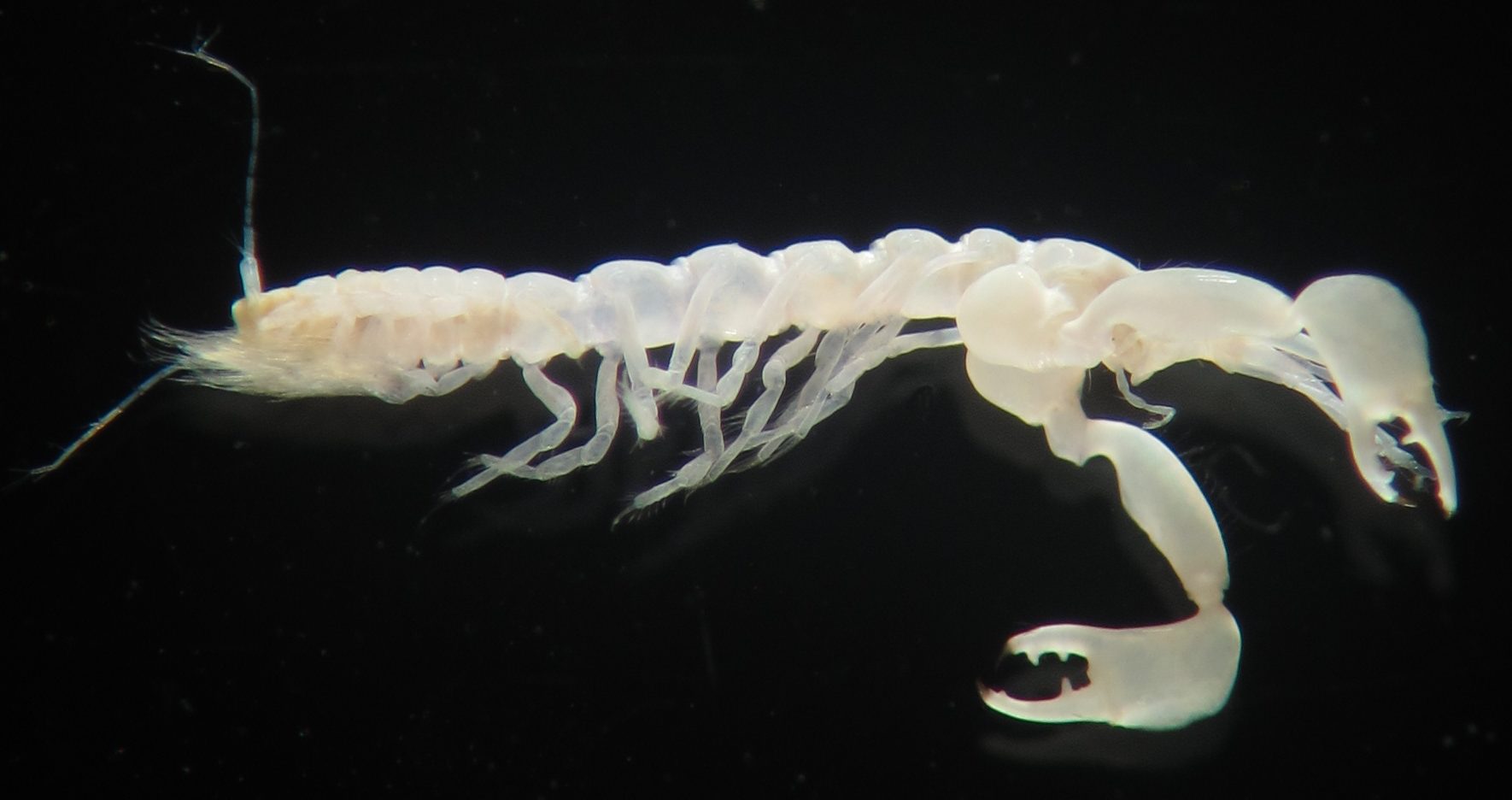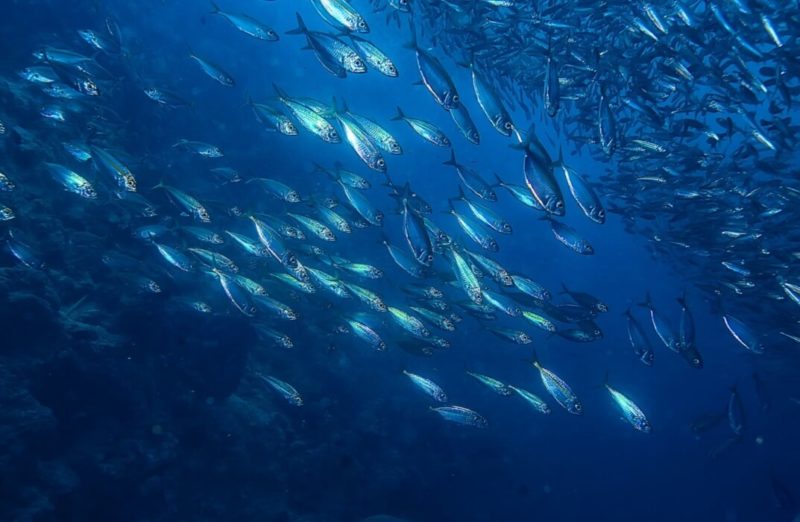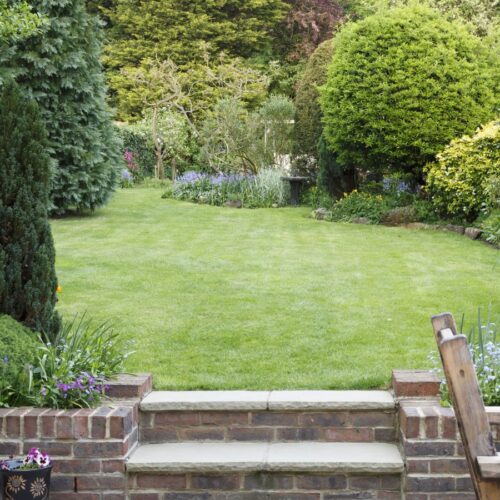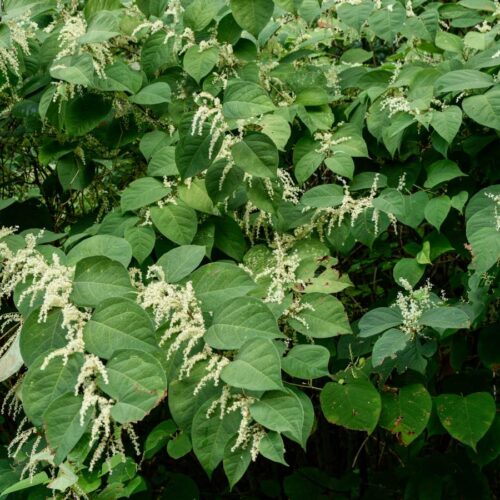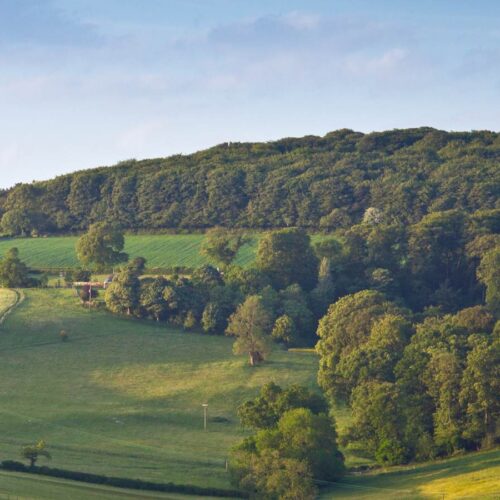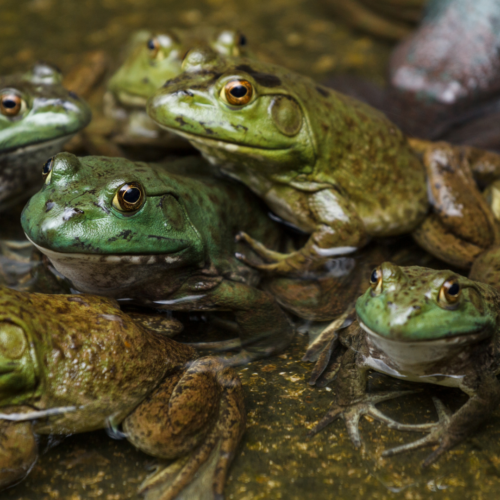The marine team have been working on an extraordinary benthic analysis project from the Geikie Slide (named after the Scottish geologist Sir Archibald
Geikie) and the Hebridean Slope Nature Conservation Marine Protected Area (NCMPA) on behalf of JNCC. This Marine Protected Area is located northwest
of Scotland and follows the descent of the seabed from the Hebridean continental shelf down to the deep sea of the Rockall Trough at about 2500 m.
The Hebridean continental slope is significant for the health of Scotland’s seas and influences the movement of water currents which bring nutrients
to the area. The NCMPA conserves a range of sediment types and associated biological communities, and habitats within the area consist largely of sand
and gravel changing to mud with increasing depth. The habitats support a diverse array of animals including mud shrimp, deep-sea crabs and sea urchins,
as well as commercially important fish.
The analysis comprised samples from 56 stations ranging from the outer shelf at 250 m down to the Ophiocten zone at 900 m depth. The samples were taken
during a survey in 2016, the first of a monitoring series in order to manage the NCMPA established in 2014 by Marine Scotland. Previously biotope analysis
has been undertaken at the site based on underwater photographs taken over a ten year period up to 1998. However, this is the first time that such
detailed analysis of sediment samples has been undertaken.
While identifying animals from the continental shelf is part of our daily routine, we are always excited when given the opportunity to work on deeper samples.
They contain a number of exciting and rarely encountered species that exclusively occur in deep waters, for example shrimp-like animals like Neotanais
giganteus, the gastropd Amphissa acutecostata or the bristle worm Paradoneis mikeli.
